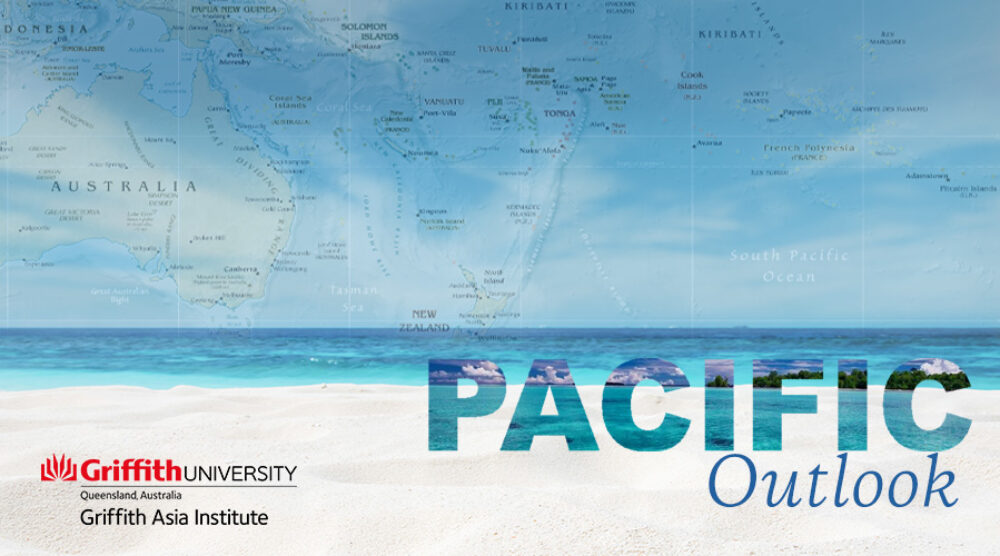Autonomous Government of Bougainville proposes constitutional amendments
The Autonomous Government of Bougainville has proposed making changes to the Constitution of the province. This will allow the current President, John Momis, to stand for a further term in the upcoming elections. Previously President Momis had said that he had no wish to continue as President. However, some sections of the community have said they want him to continue to provide some continuity in the period of transition after last year’s vote for independence. The issue is contentious in the wider society. It introduces further potential for confusion into a situation where there is already a lack of clarity about what will happen and when after the referendum last year. The parliament has adjourned until Tuesday 14th January for the necessary bills to be prepared. If these changes are accepted, they will mean that the presidential and parliamentary elections will likely be deferred.
Fiji launches national action plan to address domestic violence
Fiji has launched a national action plan to address the high rates of domestic violence in the country. It is the first plan of its type. The plan will cover a five-year period. The Ministry of Women, Children and Povery Alleviation will lead on its development. At a press conference to launch the plan, Minister Mereseini Vuniwaqa described gender-based violence as a ‘national crisis’. She also said that nearly 64% of women and girls in Fiji had been victims of physical or sexual violence. Also at that press conference, Dr Ifereimi Waqainabete, Minister for Health and Medical Services, noted the strain that gender based violence puts on the public health services. He identified the need to address and challenge social norms about gender, including rigid stereotypes and ‘cultural complacency’ as part of how this issue can be addressed.
New Caledonia and Vanuatu finalise trade agreement
New Caledonia and Vanuatu have finalised a trade agreement between them. This arrangement has been a key priority of the government of the Prime Minister of Vanuatu, Charlot Salwai Tabismasmas. The Vanuatu Parliament will be dissolved on January 22 ahead of general elections in March. However, Salwai will be able to point to the conclusion of this agreement as an achievement of his government as campaigning ramps up. This agreement is a reflection of the close ties between Vanuatu and New Caledonia, including by way of well-established people to people links and numerous connections in the business and commercial sectors. Vanuatu is also a party to the Melanesian Spearhead Group Trade Agreement, but New Caledonia is not a member of the group. Similarly, New Caledonia is not a signatory to the Pacific Agreement on Closer Economic Relations (PACER Plus).
Tsai Ing-Wen retains power in Taiwan
President Tsai Ing-Wen has been returned to power in the Taiwanese general elections. The Tsai government has adopted a very strong pro-independence position, which is expected to continue. Recent moves by China to influence Taiwan’s allies to shift diplomatic allegiance have had an impact in the Pacific. During 2019, Solomon Islands and Kiribati, moved to adopt the ‘one China principle’ leading to a severing of diplomatic ties by Taipei. Taiwan now has four allies in the region: Marshall Islands, Nauru, Palau and Tuvalu. Taiwan provides development assistance to these countries, including by way of scholarships, technical missions, and direct budget assistance. These relationships are important to Taiwan as a way of preserving a limited international space. This includes garnering support in the United Nations. We can expect to see Taiwan devoting more diplomatic and political energy to keeping these relationships intact.
France puts Pacific countries on a financial blacklist (and removes others)
France has placed Guam, Fiji, Vanuatu, Samoa and Western Samoa on a financial blacklist. Paris has ruled that these countries are not sufficiently compliant when it comes to financial transparency. Their regulatory systems are also considered to be harmful in terms of protecting the global revenue base. In the same announcement, it was revealed that Niue, Nauru and Marshall Islands have been removed from the list. They have agreed to comply with compliance regulations that also apply to France. Vanuatu has also been placed on the European blacklist. Previously the foreign minister of Vanuatu has complained about the way his country has been treated by larger powers in relation to financial regulatory compliance. Vanuatu’s controversial ‘citizenship by investment’ programs may have contributed to these decisions. Recently, the foreign minister told the Financial Times that these programs were under review.
Tess Newton Cain is an Adjunct Associate Professor at the Griffith Asia Institute.








